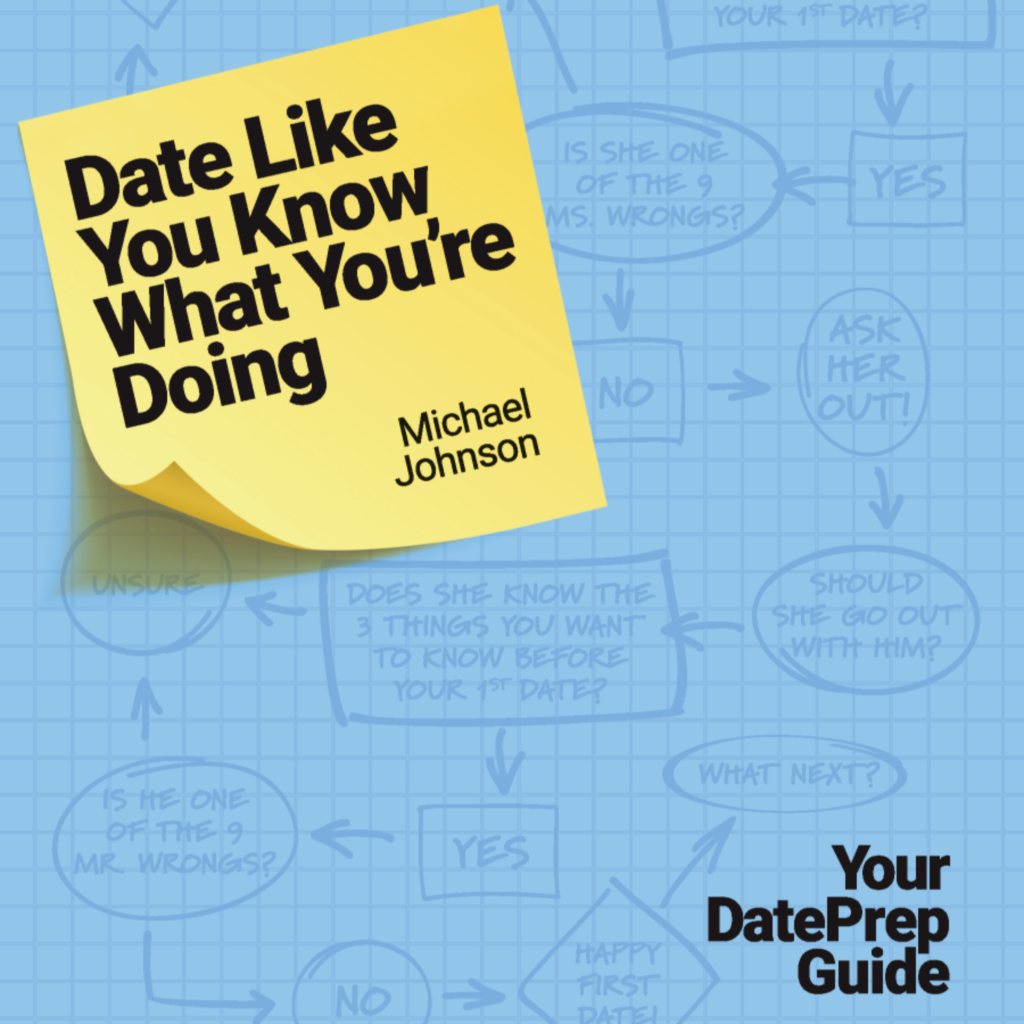 The Sexual Purity Paradox consists of two truths which seem to contradict one another, but are never-the-less true. And these two truths help explain why so many teens who pledge to remain virgins until marriage wind up giving up before college graduation.
The Sexual Purity Paradox consists of two truths which seem to contradict one another, but are never-the-less true. And these two truths help explain why so many teens who pledge to remain virgins until marriage wind up giving up before college graduation.
And by, “giving up,” I’m not just talking about their virginity, but their faith in God.
Here are the two truths of the Sexual Purity Paradox:
#1: Your deeply held beliefs powerfully direct your behavior
#2: Your behavior strongly influences your beliefs
How does this work?
Step 1: Belief
First, it begins with belief: you believe the people who are telling you it’s best to save sex for marriage. You believe they truly want the very best for you. You believe their experience likely provides perspective you can (and should) trust over your own.
You believe the Bible backs up this idea of sexual purity. Indeed, it’s hard to deny scripture doesn’t back up the concept. Jesus, himself, said that even a lustful look is as great a sin as adultery.
So there’s that.
The more sincerely you hold to these beliefs the more likely you are to hold onto your virginity. Your beliefs define what you will and will not do; and on a deeper level they define who you are. You are a beloved child of God, set apart for His good purposes.
So far, so good.
Step 2: Behavior
Then there’s your behavior. Bottom line, our sexual behavior often falls outside the bounds of its Biblical purpose long before our first serious relationship.
Indeed, if you’re like most healthy humans you can hardly seem to keep yourself from acting out sexually. Now a tiny part of this is totally natural, because sexual arousal isn’t some demonic invention, but a truly unparalleled creation of God!
Natural, though our sexual urges may be, God calls us to master them.
And in endeavoring to do so, two things happen:
- It awakens in us the awareness of our desperate need for God and His presence and power
- It allows those urges to inspire us to pursue marriage and oneness and procreation
However, cultural forces encourage us to devalue sex to the level of a recreational activity as common as watching television or surfing the web. Which, of course, is where most of us get our most warped ideas about sexuality.
Step 3: The Fall
Then you enter your first serious relationship. This person may likely claim the status of the 8th Wonder of the World. And they’re yours. And you are theirs.
You love them. And frankly, you love how they make you feel. Indeed, you’ve never felt this way before. And in this state of limerence, you start crossing lines until you’ve gone further sexually than you ever imagined you would.
Now, cue the cognitive dissonance. Technically, this is when your beliefs come into conflict with one another, but in reality it’s your behavior motivated by your feelings (not your beliefs) which comes up against all those things you were told by those people you believed knew better.
You believe one way, but you are acting another way.
Most of us hate it. To quote Gollum from Lord of the Rings, “Hates it, we do!”
Sadly, to end this conflict, the great likelihood is that you will wind up defending your behavior by changing your beliefs, instead of standing by your beliefs and renouncing your behavior.
This is the path of least resistance. And, it also happens to be the most enjoyable of the two paths.
At first anyway.
After all, just like Adam and Eve after they ate the forbidden fruit, nobody dies. You might not even catch one of those sexually transmitted infections you heard so much about.
Step 4: Re-identification
Over time, as you continue to redefine your beliefs about sexuality so that they affirm the behaviors you enjoy so immensely, it becomes more than a compromise. It becomes an identity.
Where you once identified with your beliefs (inspired by the people you trust the most), you begin to identify more with your behavior (driven by the passions you indulge the most).
Actually, we’ve always defined ourselves to some extent by what we do, whether it’s hobbies, sports or career. Now we add our sexual activities to the list.
The more behaviors we choose to justify, the more beliefs we have to renounce.
“Who was it that said, ‘who looks at a woman with lustful intent has already committed adultery with her in his heart‘? Whoever he was, there’s a guy who was a tad too uptight.
Maybe he wasn’t right about everything. Or maybe he never even said that! How do I even really know what he said.
Or who he was?”
So there you go. This is what I call the Sexual Purity Paradox, my little explanation for why so many will give up their virginity and portions or all of their faith right along with it.
And, please understand, this isn’t a millennial issue. It’s been happening this way for millennia.
Long before Jesus showed up on the scene, many have followed their lusts and left their God.
Sexual longing caused even the wisest man who ever lived to fall away from God. Surely you don’t suppose your wisdom excels Solomon’s?
Let’s learn from his mistakes, and cling to the truth which will set you free. I pray you will!
Want more help in firming up your beliefs, so that you might master your sex drive instead of being mastered by it? That’s what the LoveEd YouTube series, TOP10 Benefits of Saving Sex for Marriage is all about! Here’s the first video in that series.
DNA: It’s What’s For Dating
Dug this weekend’s DNA? Be a good friend and share with your friends on the social media platform of choice: Instagram, Youtube, Facebook, or Twitter.
 The LoveEd discipleship series, Beyond Sex & Salvation, will empower you to prepare for relational success when it counts: BEFORE you fall in love!
The LoveEd discipleship series, Beyond Sex & Salvation, will empower you to prepare for relational success when it counts: BEFORE you fall in love!
It’s NOT for couples, but for any wise individual who thinks they might want to get married sometime before they die. And would like to learn how to better build healthy relationships in the meantime.
Check out all three study guides in our store. You can walk through them on your own, but it’s more fun with friends (that and it kinda makes sense to grow in relational success in actual relationships with others), so consider putting together an FMU LoveEd small group study.
Even better? And ask a rock star married couple you respect to lead it!
[originally published: August 20, 2016]




